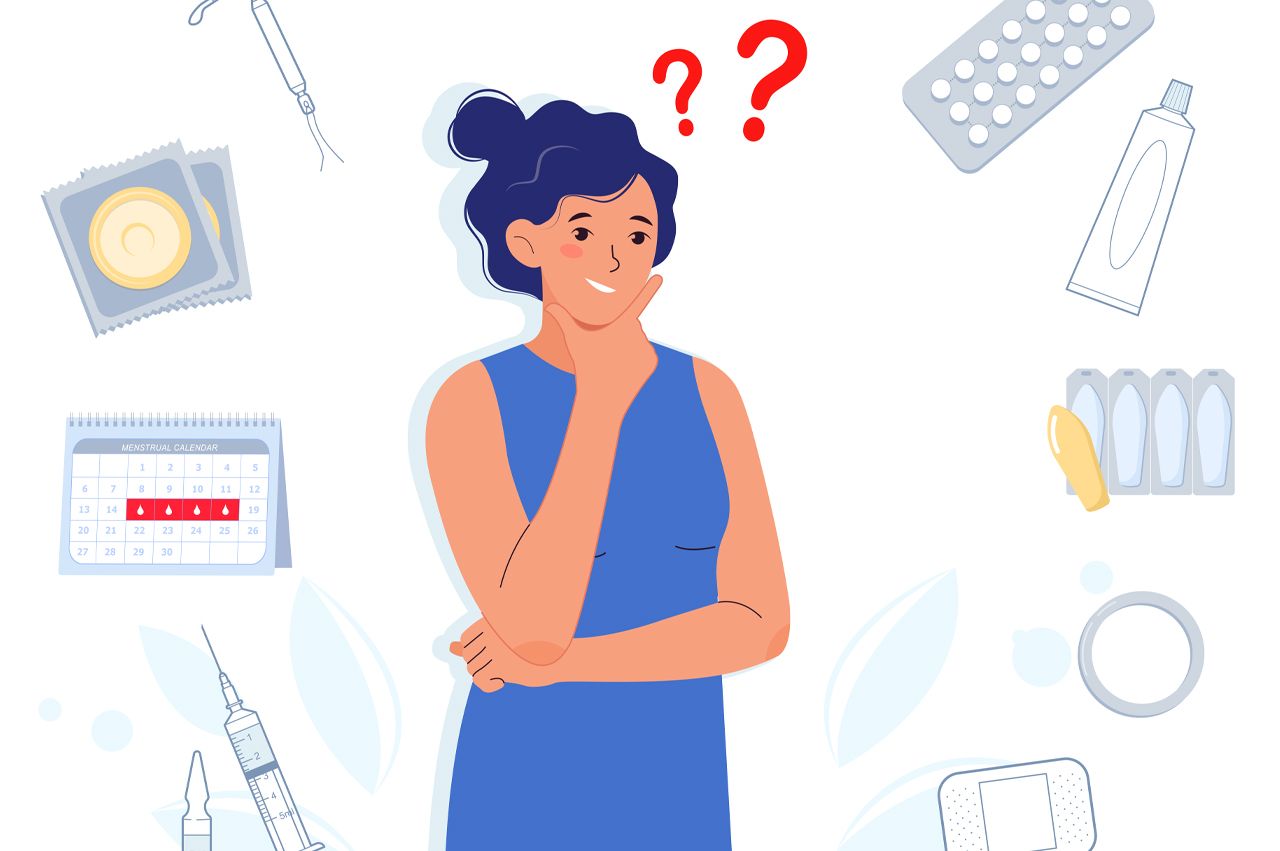
Gen Z: Changing attitudes to contraception
Studies from both the United States and the UK have revealed a decline in the use of traditional, hormonal methods of contraception in Gen Z women (born between 1997 and 2012). This is in part due to concerns over side effects, but also the effect of social media influencers on platforms such as TikTok (Pleasants et al., 2024).
The UK study (McNee et al., 2025), covering the years from 2018 to 2023, showed that hormonal contraception use in patients seeking abortion had fallen from 19% to 11% whilst unprotected sex had risen from 56% to 70%. A survey by The Kaiser Family Foundation in 2024 of 1,500 women in the US found that 53% of the Gen Z cohort surveyed trusted the health information they saw on TikTok. Their concerns were linked to the side effects of hormonal contraception and the perception that women’s health and reproductive issues are not taken seriously by the medical profession, leading to a generalised feeling of mistrust around pharmaceutical methods of birth control. Gen Z women are more likely to download and use fertility tracking apps as a method of contraception leading to a rise in unplanned pregnancies and requests for abortion.
Margaret Duane, a family planning expert in the US, identifies that women are not necessarily given sufficient information about all methods of birth control and that many medical professionals are not themselves fully informed about alternative methods. Women may not be aware that the failure rate of fertility awareness methods and/or tracking apps is much higher than for the contraceptive pill. Concerns have also been raised about privacy and security issues around sharing personal and intimate information about use of birth control methods on a platform such as TikTok.
Emily Neiman, a clinical nursing instructor at The Ohio State University, identifies the paradox inherent in the rising popularity of less reliable methods of contraception given the US Supreme Court’s recent ruling in favour of the State of Mississippi's ban on abortions after 15 weeks, thereby ending the constitutional right to an abortion for millions of US women. Neiman comments:
‘In a time when people should have very reliable contraception if they don’t want to be pregnant because of abortion restrictions, the push on social media seems to be for methods that are not as reliable because of the lack of understanding around what information the tech provides’.
It would appear that a knowledge gap exists for young women seeking effective contraception which reproductive care professionals need to fill.
READ MORE:
McNee, R. et al. (2025) Self-reported contraceptive method use at conception among patients presenting for abortion in England: A cross-sectional analysis comparing 2018 and 2023. BMJ Sexual & Reproductive Health Available at: https://srh.bmj.com/content/early/2025/01/01/bmjsrh-2024-202573.info <accessed 13 June, 2025>
Pleasants, E. et al. (2024) P053 - Is TikTok the new contraceptive counselor? Describing contraceptive side effects discourse on TikTok. Contraception, 139:110362.
- Created on .
